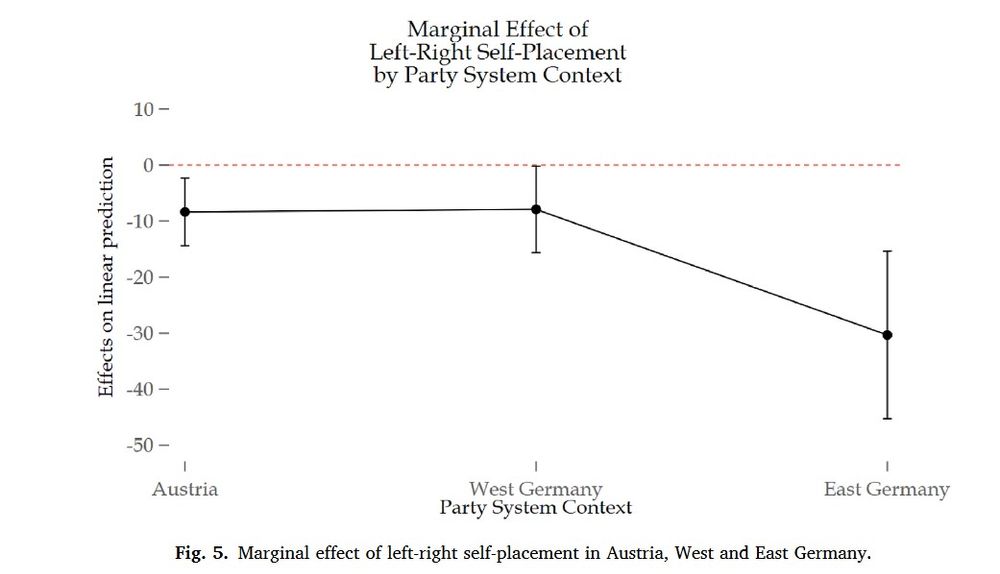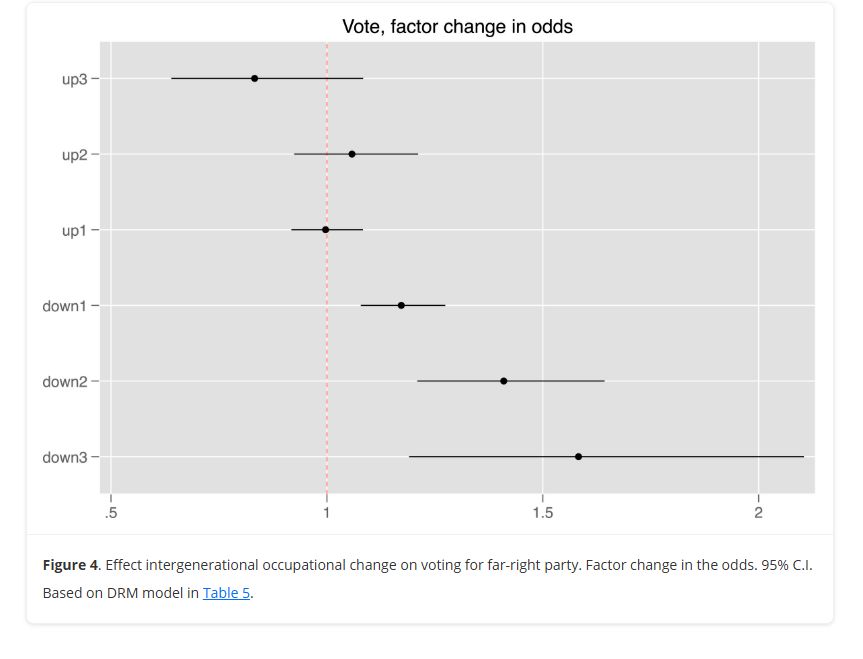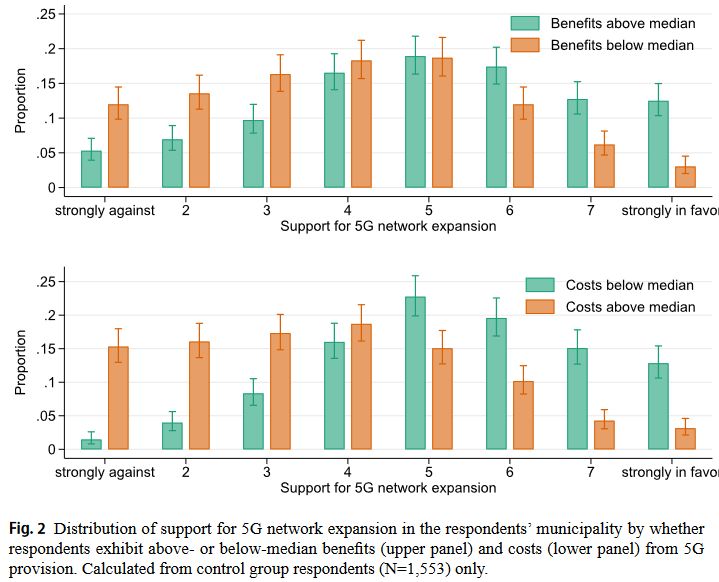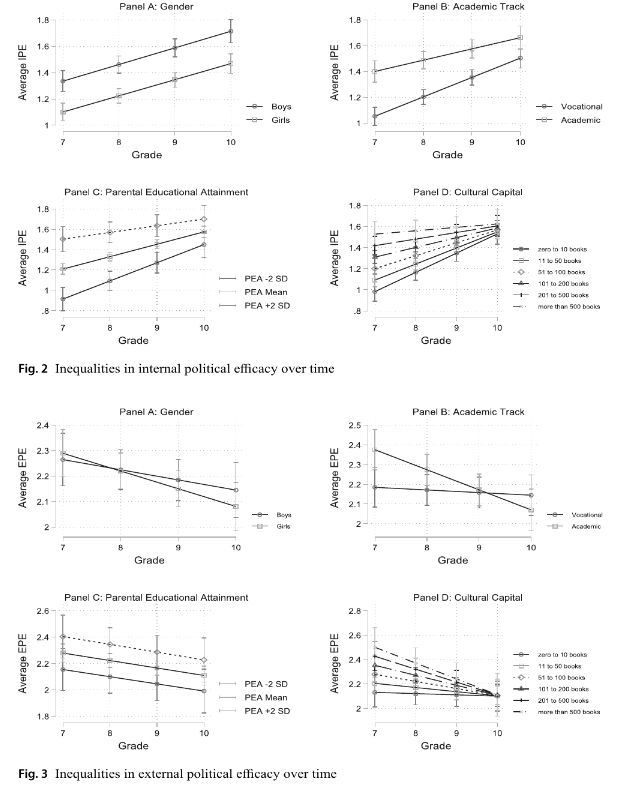Inequality and Distributive Politics - IDP
@inqdp.bsky.social
1.8K followers
980 following
170 posts
The IDP is a research group at ZfK & IfP, University of Marburg, Germany. In our website (https://inq-dp.eu/) you can find more about us, our research, & our outreach activities, including the "Maps of Inequality in Marburg"
Posts
Media
Videos
Starter Packs

















